


Privacy Matters in the Digital Age
Priavcy is a requirement for the proper functioning of any democratic society.

Hijab, Kippah, Crucifix
Written By: Prof. Yedidia Z. Stern
The ruling by the European Court of Justice (ECJ) that a company is permitted to terminate its worker for wearing religious dress is a sad demonstration of the words of Ecclesiastes: “And moreover I saw under the sun the place of judgment, that wickedness was there; and the place of righteousness, that iniquity was there.”

The Mobileye Acquisition is Proof that AI Needs Guidelines
Written By: Dr. Tehilla Shwartz Altshuler
The sale of Mobileye to Intel is not surprising when you consider that last year MIT Technology Review ranked the Jerusalem-based company as one of the 10 smartest companies in the world. As such, the real story is the relationship between government, society, and technology.

Time for the Start-Up Nation to Build a Start-Up Government
Written By: Dr. Tehilla Shwartz Altshuler
Earlier this year, Prime Minister Benjamin Netanyahu announced that “the time has come for the Start-Up Nation to also have a Start-Up Government.” I agree. But can it be done?
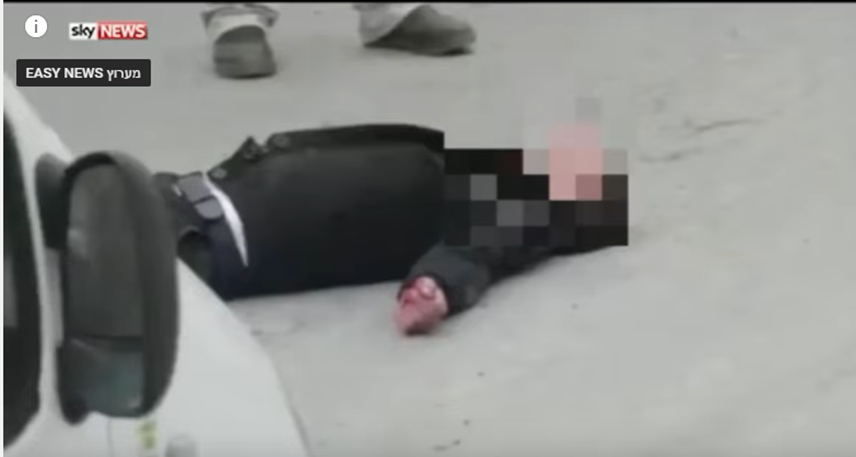
The Most Dangerous Terrorist in Israel is Someone You’ve Never Heard Of
Written By: Prof. Yedidia Z. Stern
It is almost certain that readers of this article will not recognize the name of this man, the terrorist who caused more damage to Israel’s security than any other attacker in recent years. His name is Abdel Fattah al-Sharif, 21, from Hebron.

In Governments Run by Humans, Freedom of Information is Necessary to Prevent Corruption
Written By: Dr. Tehilla Shwartz Altshuler
What is the state of freedom of information in Israel? Like in the US, there is good and bad news.
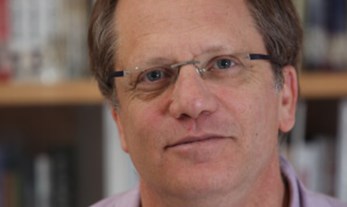
Israel Exemplifies Rise of Personalized Politics
Written By: Prof. Gideon Rahat
Donald Trump’s surprise win seems to illustrate the awesome power of the Internet-savvy individual in politics.
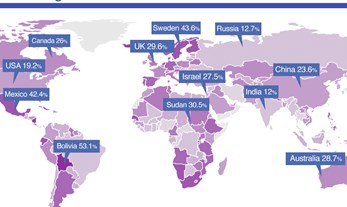
Women in Politics: 2017
There has been a substantial increase in the amount of women serving as Ministers of the Knesset since 1999.
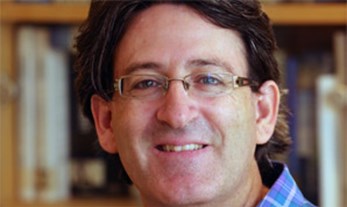
Status of Women in Israeli Politics: The Good, The Bad and The Road to Full Equality
Written By: Prof. Ofer Kenig
The impressive increase of women's representation in the Knesset has not translated into similar strides in other political spheres and senior executive positions.
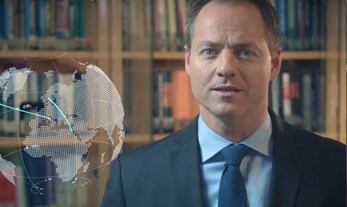
Ensuring a Vibrant Democracy
Written By: Yohanan Plesner
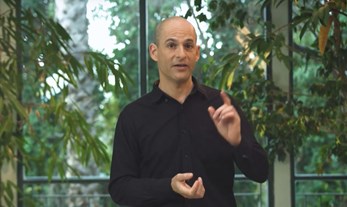
Who are Israel's Haredim?
Written By: Dr. Gilad Malach
New statistics shed light on a population that was once hidden behind "walls of holiness." Today, those walls are beginning to break.
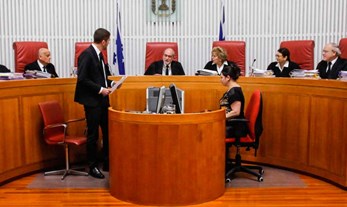
What these Conservative Supreme Court Justices Won’t Do
Written By: Prof. Yedidia Z. Stern
The four new Judicial Appointments Committee selections to the Supreme Court last month have led to the usual partisan responses, breaking down along the lines of “winners” and “losers.” Despondent claims of an “anti-constitutional revolution” are being made simultaneously with celebratory assertions of “making history.” The facts, however, are quite different.

The Shabbat Wars: A Guide for the Perplexed on the 'Status Quo' … and a Possible Solution
Written By: Dr. Shuki Friedman
A summary of the legal situation in Israel regarding Shabbat observance.

Privatizing Religion
Written By: Yair Ettinger
Yair Ettinger discerns between different streams of Religious-Zionist Jews in Israeli society, and analyzes how these schisms play out in the socio-political arena. This piece was originally published by Brookings.

Religion, State, and the Jewish Identity Crisis in Israel
Written By: Prof. Yedidia Z. Stern
Yedidia Stern examines the tension between religion and state in Israel by exploring several key areas of dispute in Jewish Israeli society and politics. This paper was first published by Brookings.

A Bitter Failure of Israel’s Democracy
Written By: Prof. Amichai Cohen
While there is no way to know whether the military picture of the recent Gaza war would have been different had members of the security cabinet been kept abreast of the tunnel threat, there can be no doubt that what occurred was a failure of Israel’s democracy.

Innovation was the Epic Fail of 2016
Written By: Dr. Tehilla Shwartz Altshuler
In Israel, we talk a lot about innovation. But what does the term really mean?
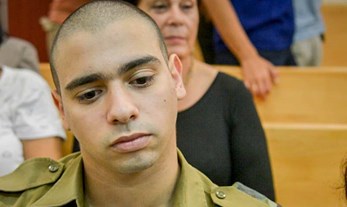
Pardon Requests in Cases Brought Before Israeli Military Courts: How Do They Work?
Written By: Colonel (Res.) Dr. Liron A. Libman
Even before the conclusion of the Elor Azaria trial, there were calls for the 'Hebron Shooter' to be pardoned. Under such circumstances, what does a pardon entail and how can an IDF soldier who had been sentenced in a military court of law be granted one?
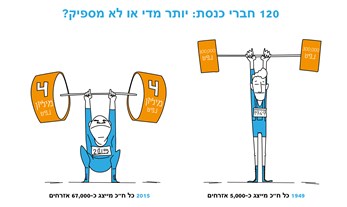
Happy Birthday, Knesset!
Written By: Prof. Ofer Kenig
As the Knesset, Israel’s legislature, marks its birthday, IDI takes the opportunity to consider two aspects about it: its members’ social composition and its relative size.
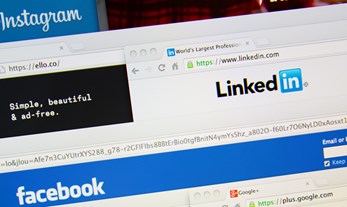
The Future of Israel’s Political Parties is on Facebook
Written By: Yohanan Plesner
Harnessing the power of readily available technological tools to promote political engagement and revitalize intra-party democratic practices is essential for strengthening party institutions and restoring the public’s faith in government.
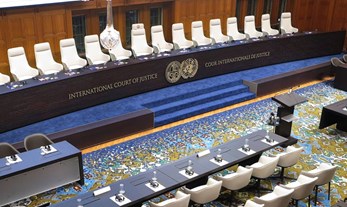
Israel’s Collision Course with the International Community
Written By: Prof. Yuval Shany
The primary significance of Resolution 2334 is that it strengthens other initiatives whose purpose is to punish Israel, its leaders and businesses for their involvement in the settlement enterprise.

Religious Zionism’s Budding Romance with Capitalism
Written By: Yair Sheleg
Religious Zionism is based on a nationalistic, even hawkish, position on foreign affairs. Such an ethos, especially in the Middle East, thus demands a great willingness to sacrifice. However, this desire to serve the greater good can only be maintained over time if a sense of solidarity and mutual responsibility unites the members of Israeli society.

Gotta Have Faith: The Knesset's Top Priority for 2017
Written By: Yohanan Plesner
The Knesset’s top priority for 2017 should be to restore the Israeli public’s belief in its political institutions.
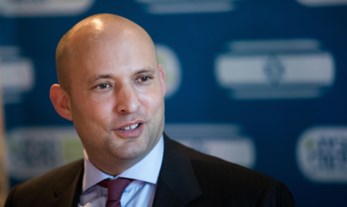
A History Lesson
Written By: Prof. Mordechai Kremnitzer, Admiral (Res.) Amichay (Ami) Ayalon
Experience and history repeatedly teach us that what was once widely accepted as an irrefutable truth can be revealed to be a total falsehood.
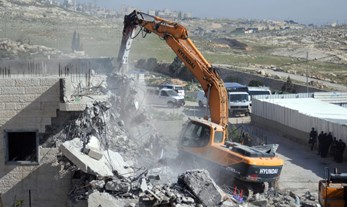
Prime Minister Netanyahu's Frightening Facebook Post
Written By: Dr. Nasreen Haddad Haj-Yahya
Instead of accepting the Arab local authorities’ proposal for a dialogue and the preparation of a comprehensive joint strategic plan for permitting construction in the Arab locales, the government is continuing to destroy Arab homes in Israel ... and there is no solution on the horizon.

Is Israeli Society Frail Or Flourishing?
Written By: Prof. Yedidia Z. Stern
Is Israeli democracy weak, fragile and on the brink of collapse, or is it robust, stable and resilient?
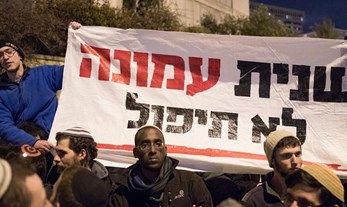
Could the Settlement Regulation Bill lead to an international legal battle for Israel?
Written By: Prof. Amichai Cohen
Recent events surrounding the evacuation of the Israeli settlement of Amona have ignited a long-simmering debate within Israeli society regarding the construction of a small portion of settlements on privately-owned Palestinian land in Judea and Samaria.
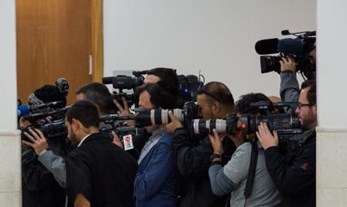
Israel’s Most Effective Political Lobby: Right-wing Nationalists on Social Media
Written By: Dr. Tehilla Shwartz Altshuler
Elor Azaria’s case shows how online pressure by extremist voices can swiftly go viral in the Israeli mainstream, forcing politicians to choose: Play catch up or resist, but at great personal cost.

Azaria and the ‘Helmand Incident’
Written By: Prof. Amichai Cohen
As the IDF's military court handed down its verdict in the case of Elor Azaria, the soldier accused by the military prosecutor of shooting and killing a terrorist who no longer constituted a clear and present danger, it is an appropriate moment to recall the recent experience of another soldier in another army.

After the Elor Azaria Trial:
Written By: Yohanan Plesner
Israel's senior political leaders are playing with fire when they publicly justify violating the rules of war and ethical conduct. Troublingly, a majority of the Israeli Jewish public agrees.

